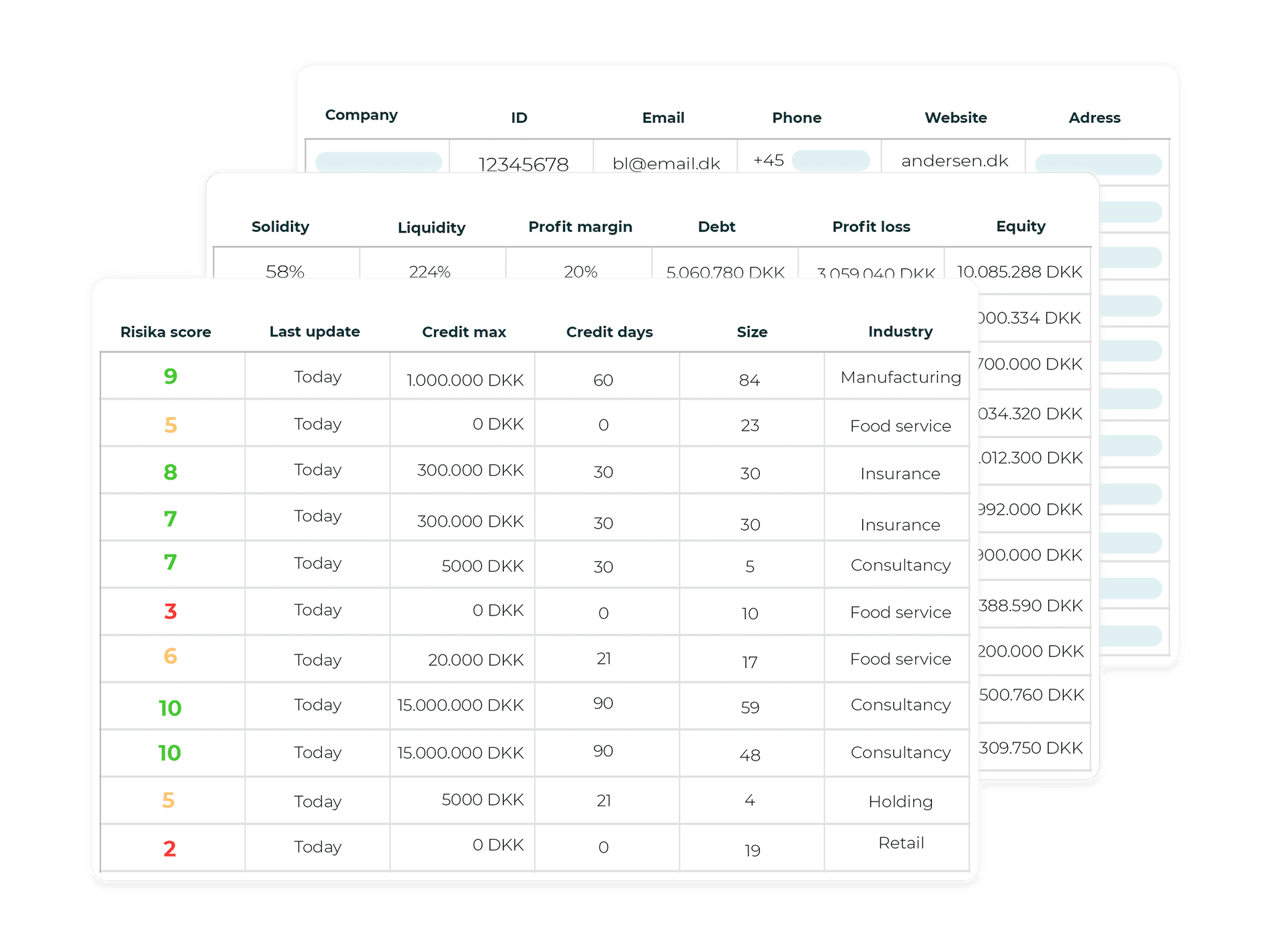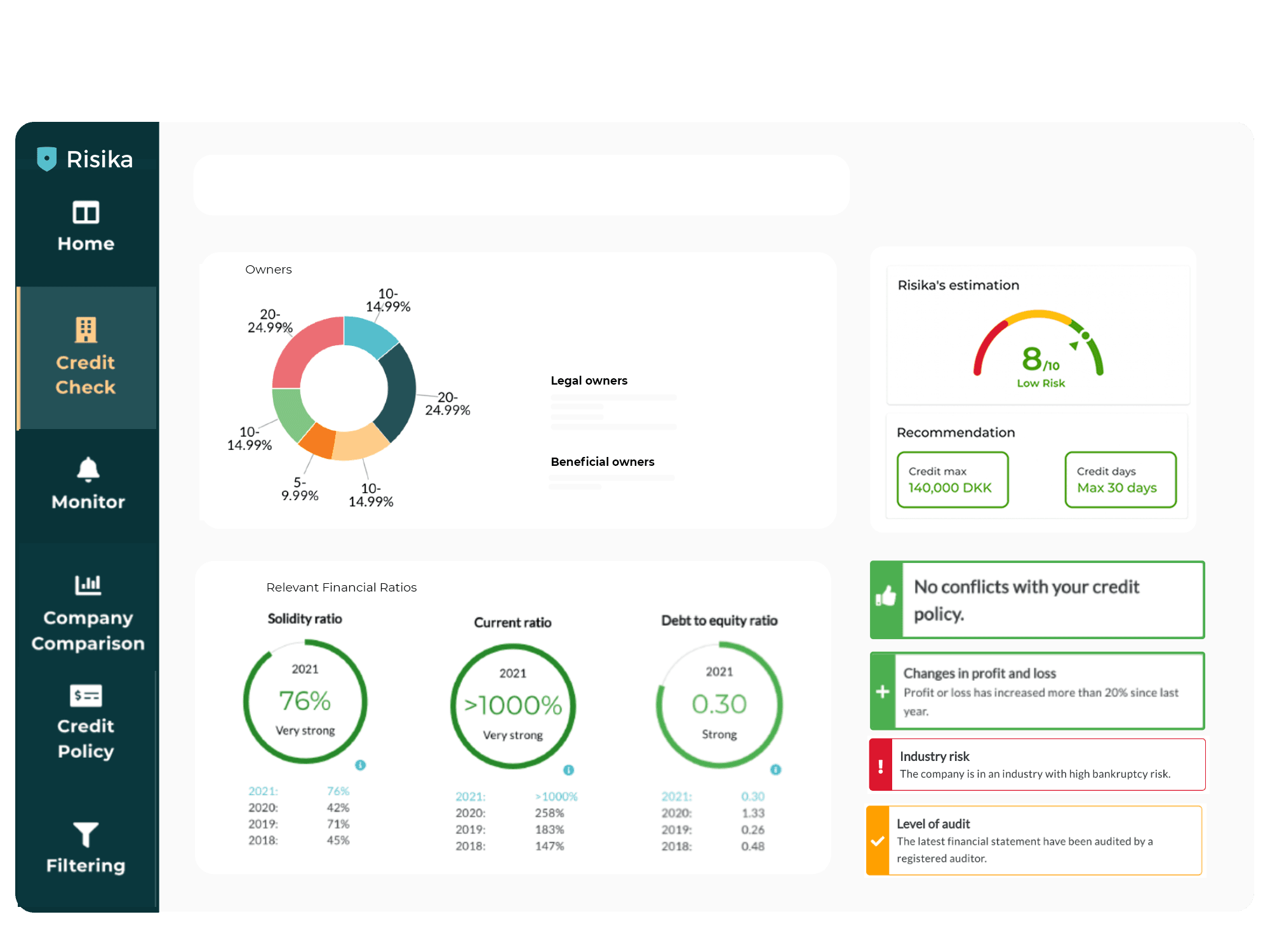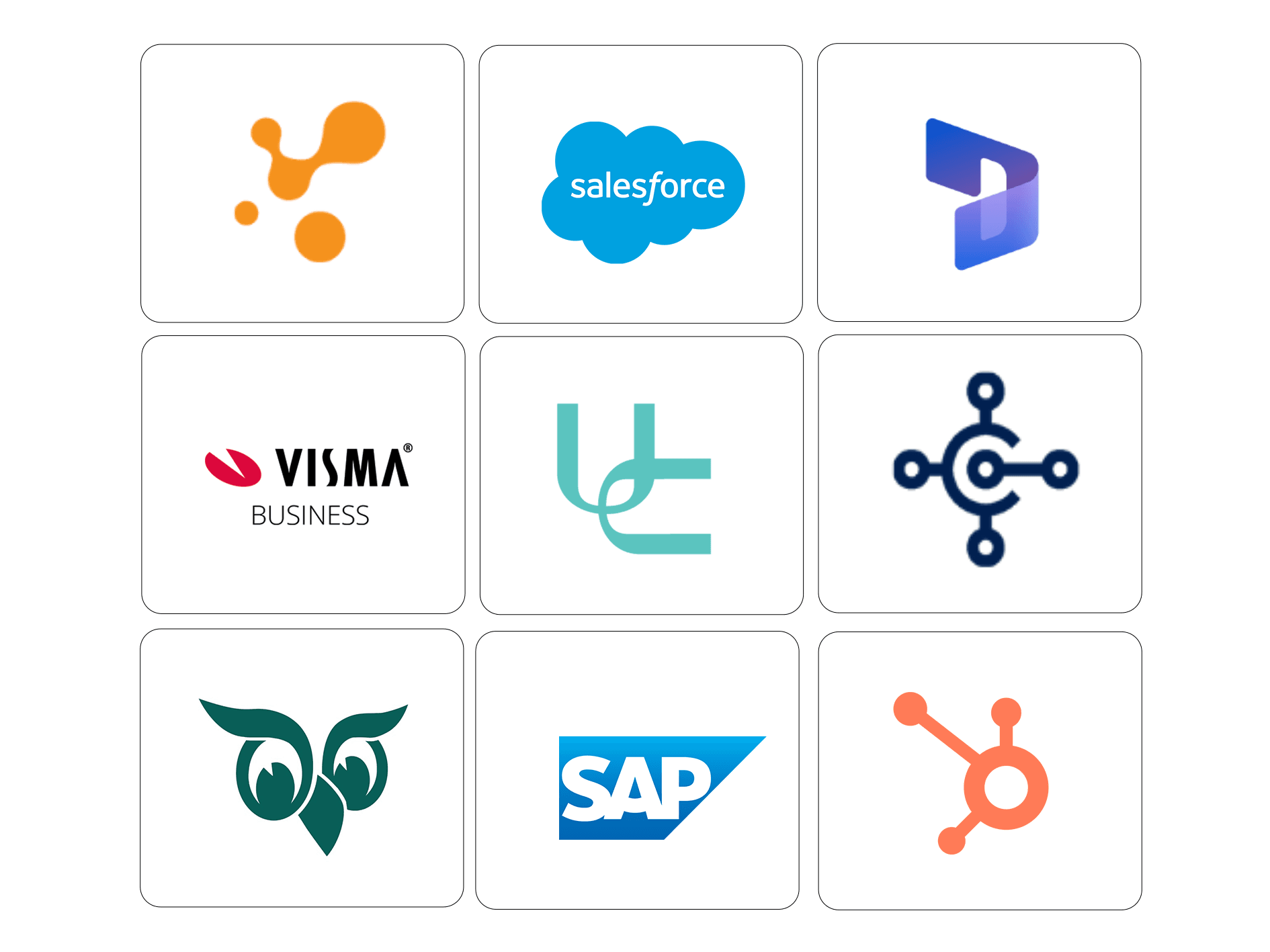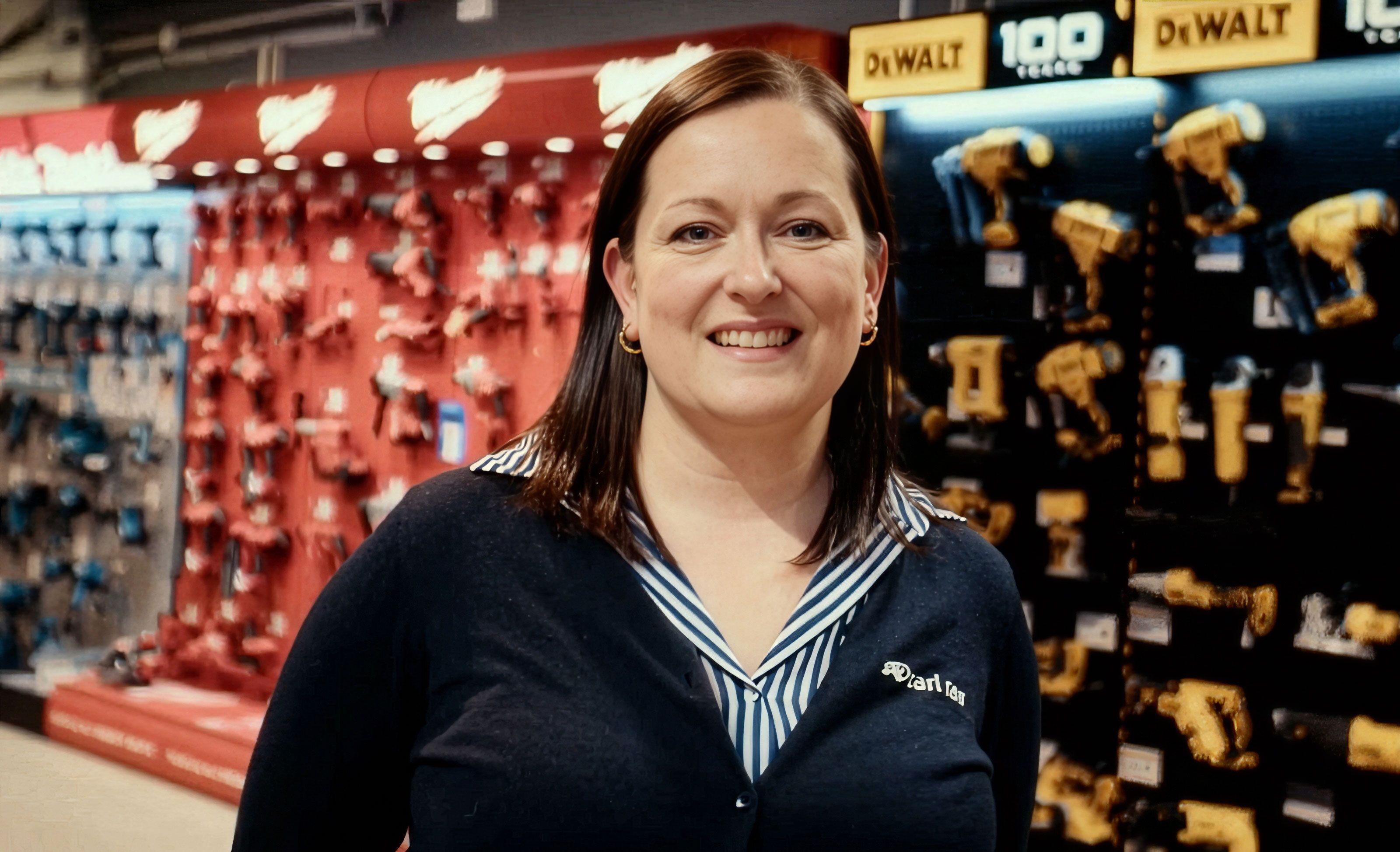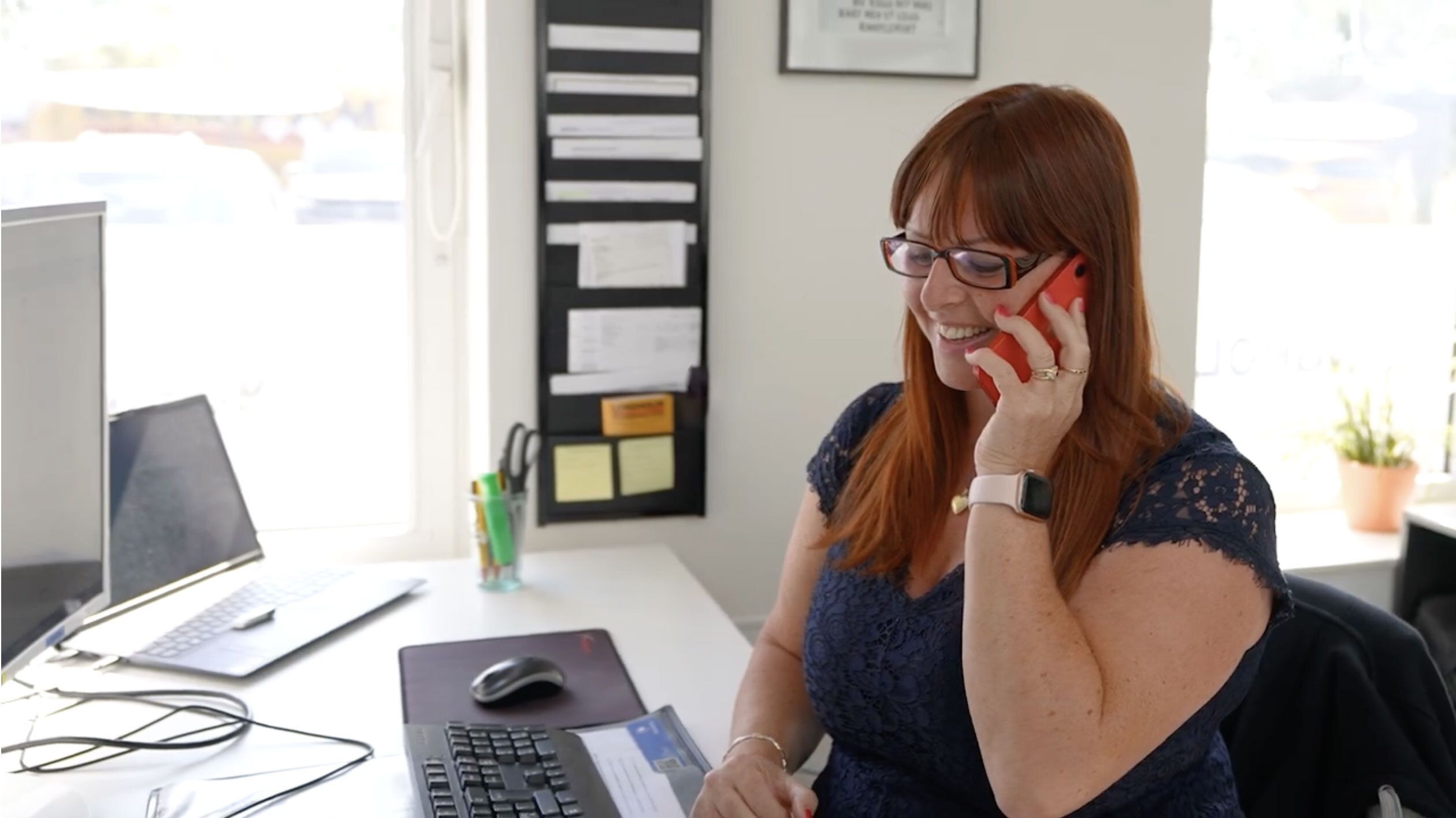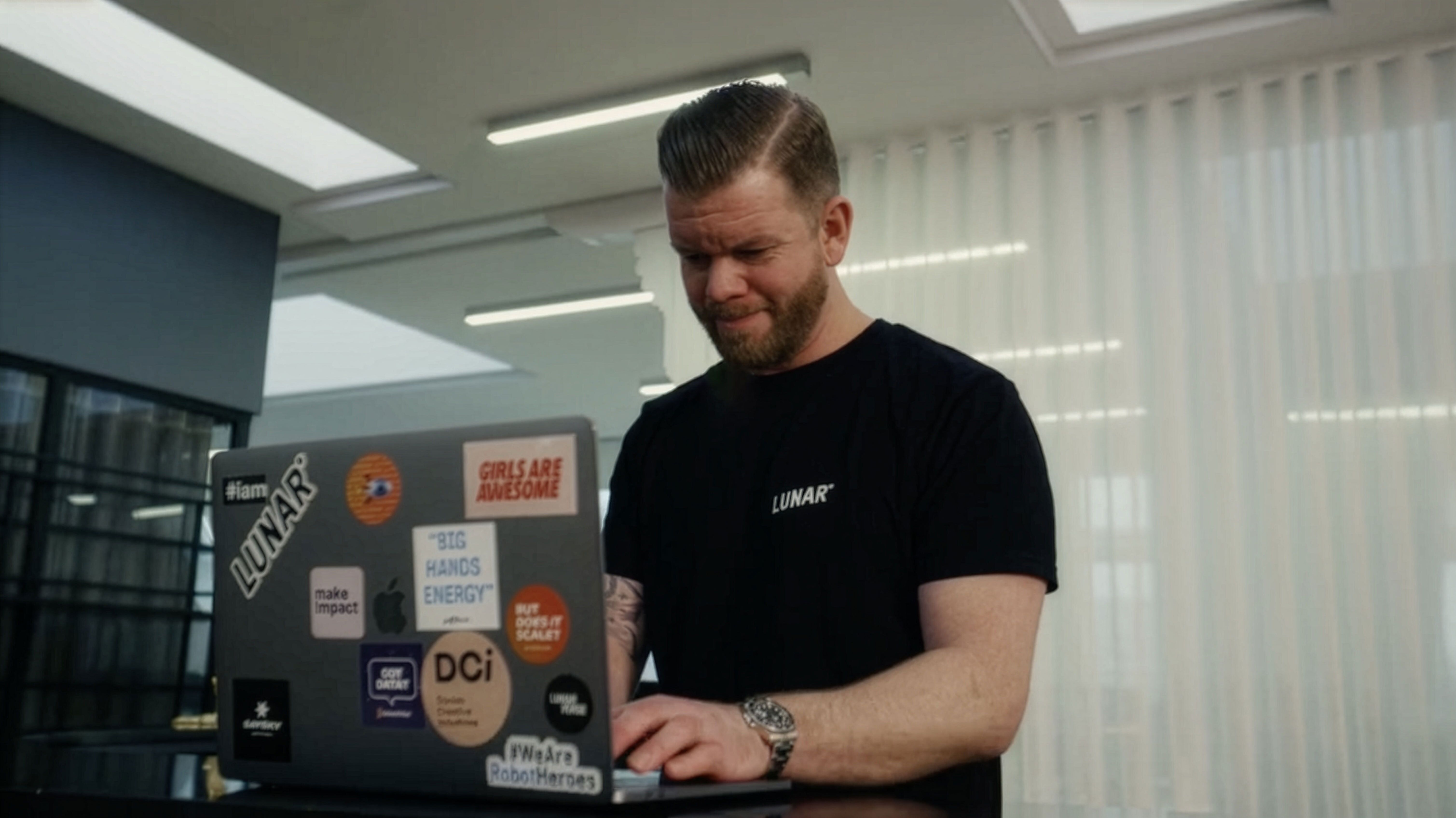Risika
reveals all
With insights into payment capacity, monitoring, and integrated credit policies, risk transforms into clarity. So you can focus your energy on strategic decisions about exposure and future growth.
The right risk is not a gamble. IT's a strategy.
You'll be notified before small signals become big problems.

Our customers trust us because we know who they can trust.








Trust and control
It's about taking
the right risk.
Risika brings together all the tools you need to manage your credit policies. With insights into payment capacity, creditworthiness, and automatic customer monitoring directly in your own systems, we make IT possible for you to take the right risk.
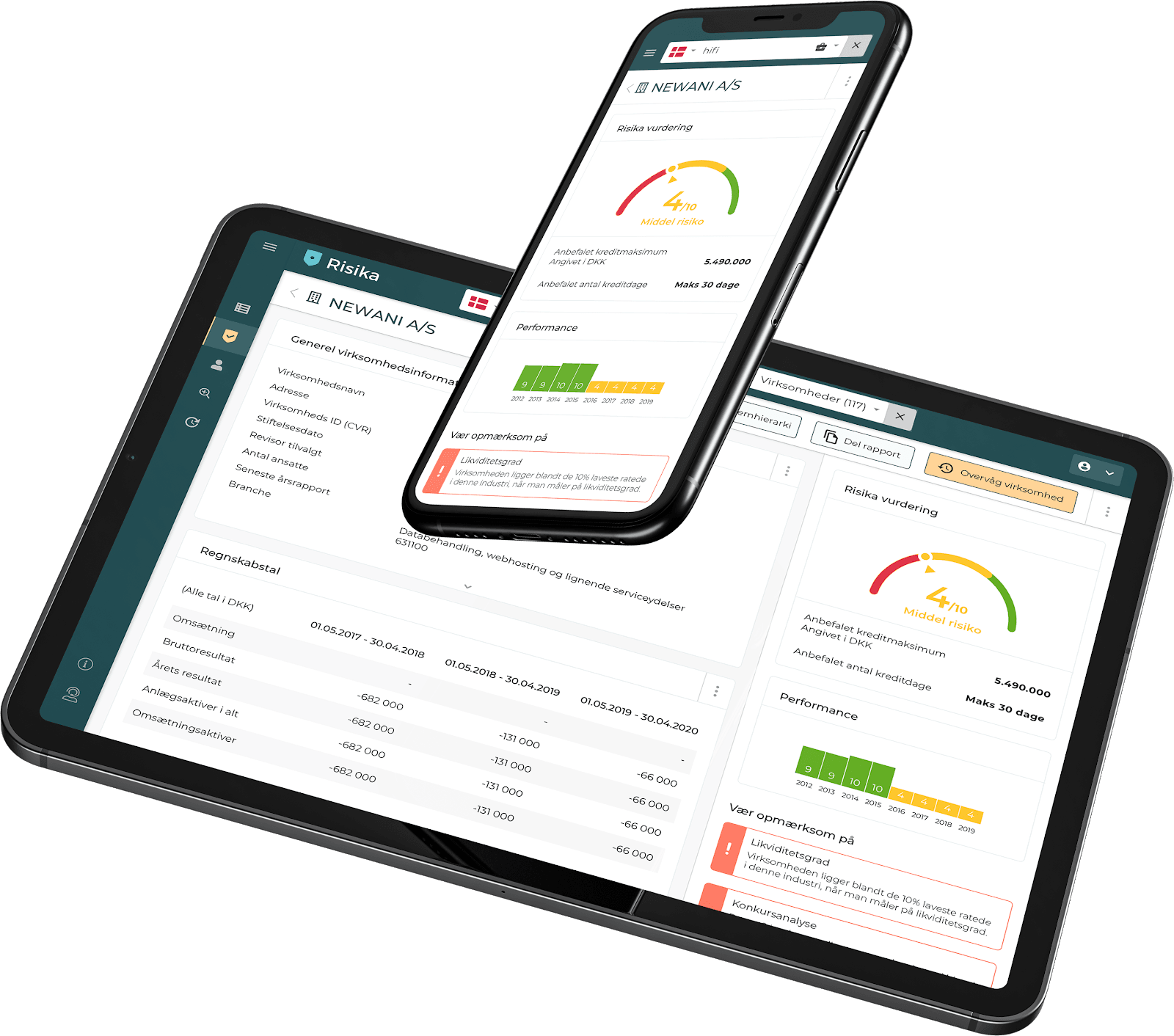
A credit policy is only valuable if it's followed. Every time. We move your business rules out of dusty PDF documents and forgotten Excel sheets, and ensure they are automatically enforced across the entire organization.
Get automatic notifications when important changes occur with your customers or suppliers - before small signals become big problems.
Get Risika's recommendations integrated directly into your current systems and workflows.
Identify possible VAT fraud and financial crime before it affects your business.
See updated key figures, history, and credit assessments on all customers and leads. We gather it all in the Risika score™
transactions are assessed automatically - every day. So our customers can grow quickly and safely.
less time spent on manual workflows, so focus can be directed toward growth and strategy.
professionals in Finance and Sales trust Risika when making credit decisions.
Contact Us
Close to reality
No more gut feelings and unnecessary friction. Risika transforms data into concrete decisions, so you can accelerate sales to the right customers and filter out the rest. Let us show you how to turn risk into a strategy.
